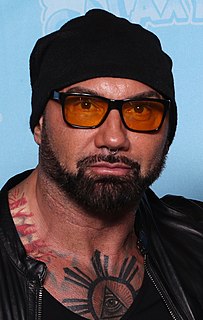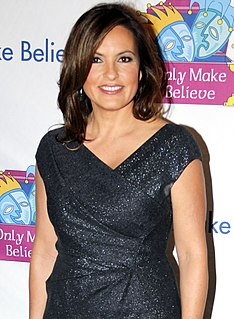A Quote by Thomas Sowell
When you start off by telling those who disagree with you that they are not merely in error but in sin, how much of a dialogue do you expect?
Related Quotes
Man is made of opinions,—of truth and error; and his life is a warfare like all other lives before him.... Man goes on developing error upon error till he is buried in his own belief.... It is the office of wisdom to explain the phenomena in man called disease, to show how it is made, and how it can be unmade. This is as much a science as it is to know how to decompose a piece of metal.
The pressure is always stepping on stage with actors who are just so well-established. It's a scary thing. I haven't been around the block that many times, especially not on big projects. Dialogue makes things easier. When you start bouncing dialogue off of other actors, it becomes comfortable; it becomes conversational.
Sixty-five percent of Americans don't have the conversation with their children. So you're sending off boys and girls off to college, off to high school, off to wherever they go, and nobody's had the conversation about how to conduct themselves. About a man telling his son how to be a man. How to respect a woman. How do you respect yourself?





































